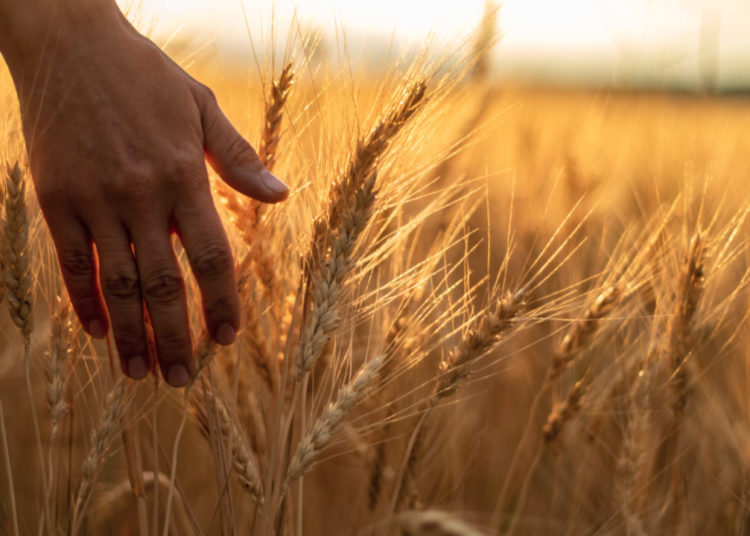Over 90 per cent of wheat supply in Nigeria is used to produce wheat flour, which is mostly used in making bread, pasta and noodles; staple foods in today’s Nigeria.
According to United Nations Statistics Division of the Food and Agriculture Organization (FAOSTAT) data, Nigeria currently spends about $1.5 billion annually (five per cent of its entire import bill) on wheat importation to sustain this astronomical increase in consumption. This increase has been primarily driven by rising appetites for ‘foreign’ convenience foods and baked products. Strikingly, pasta production accounted for up to 15 per cent of wheat flour usage in Nigeria in 2020, from less than 1 per cent in 1999.
Nigerians patronise a wide variety of foods and goods gotten from milled wheat such as biscuits, bread, cookies, noodles, cereals, pasta and many more. Even in the Northern parts of the country, where it is produced, Wheat is used to make local delicacies such as Dan Wake and Fura (which is eaten alongside local yoghurt or milk).
As man cannot do without flour in a day, it is needless to say how important wheat is to our diet. The exchange rate increase in recent times has caused a lot of disruption in the economy which greatly increased the price of every food that has wheat/wheat flour as part of its ingredient.
Such over-dependence on imported wheat, according to experts, will pose significant risks to Nigeria’s future growth, hence, the country must grow a lot more of its own wheat and reduce the national, economic and political risks from depending on other nations for the food supply.
Today, there is reviving hope for Nigeria to produce its own wheat and free itself from decades of dependence on imported wheat.
An agric-economist, Mr Oladeji Bello said, with increasing demand for wheat products (flour and flour-based foods), wheat has arguably become one of the most important agricultural commodities in need of accelerated local production.
He said the wheat industry, primarily comprising flour milling companies is an integral part of the country’s food chain, producing flour for low-cost convenient staple and baked foods.
According to him, a flour mill business practically involves the processing of grains to flours. Flour is the major raw material for almost all snacks. There is a very demanding market for flour in the country and the high population of the nation is a major advantage for business owners in this field. There is also easy access to the raw materials needed for the milling process as they are mostly locally grown agriculture produce.
To him, “snacks are major consumables and millions of snacks are consumed on a daily basis. This is evidence that flour mill companies can never run out of business if they execute efficiently.”
He noted that the industry is highly competitive, with the top players controlling over 70 per cent of the market, reflecting an oligopolistic market structure. From a deal and investment perspective, the sector is expected to remain vibrant, as industry players implement various strategies aimed at maintaining competitiveness amidst declining margins.
Make Money From Wheat Processing
Wheat Flour is one of the most essential items which is used for the domestic kitchen. The wheat industry, primarily comprising flour milling companies, is an integral part of the country’s food chain, producing flour for low-cost convenient staple and baked foods.
Requirements
Researches and trainings: Read as much as you can, undergo proper trainings and learn to operate and work with machines involved in the processing. Be well informed about the processes involved, read as much as you can and get as much experience as possible.
Location: Staying close to competitors is a way to approach a business like this. Nearness to source of raw materials and closeness to customers is another factor to consider when looking for a good location.
Business registrations and approvals: Appropriate registrations should be done before the commencement of the business. Register your company.
Capital: Companies like the Flour mill can be quite capital intensive to invest in. So much goes into getting a spacious factory and buying of appropriate equipment for the production process.
Marketing: e-marketing and e-commerce is applicable for businesses like this. You can never do wrong by advertising both conventionally and online.
Meanwhile, as the baking quality of Nigerian wheat improves, yields rise and prices come closer to import levels, there is need to look forward to increasing its offtake of Nigerian wheat, while ensuring sustainable flour prices for Nigerian consumers.
Also, given the supply gap and importance of wheat production in Nigeria, it is crucial that the various stakeholders work harmoniously towards achieving the goal of increased sustainable production.






